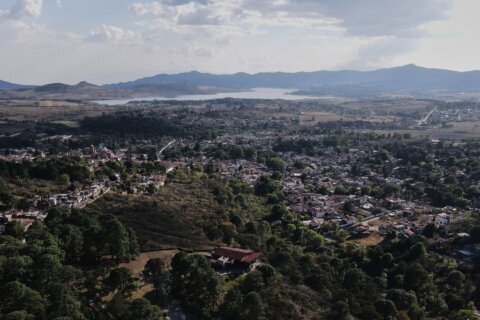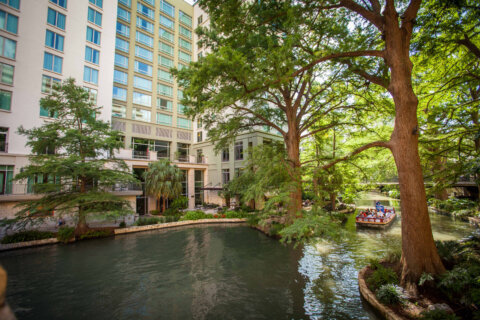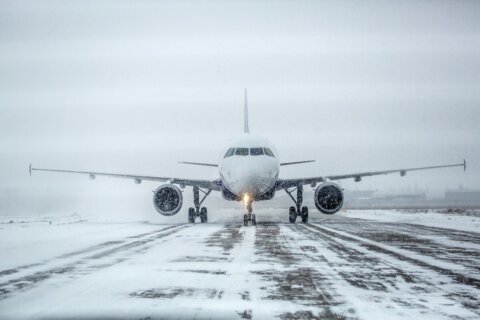It will be a big travel weekend coming up for Independence Day. AAA says most of the over 1 million people traveling in the D.C. area will be driving, which could leave you in a traffic crunch.
Experts advise hitting the road early and avoiding that afternoon rush hour congestion.
- FAQ: ‘A Capitol Fourth’ returns live to US Capitol
- Sheetz to drop gas prices through end of Independence Day travel
- More July 4 News
Despite continued high gas prices, nearly 90% of the more than 1 million holiday travelers in the DMV will drive more than 50 miles for Independence Day weekend.
Most of that congestion is expected heading into the holiday weekend — on Thursday, June 30, and Friday, July 1.
“The worst time to actually hit the roads in the D.C. area will be the period on Thursday between 2 to 8 p.m.,” said Ragina Ali, with AAA Mid-Atlantic. “On Friday, that period is from noon until 9 p.m.”
The best time to hit the road is early, she advised. On Thursday, leave the house before 7 a.m. or after 8 p.m. For the Friday trip leave before 10 a.m. or after 9 p.m.
“So we’re actually expecting not as much congestion on Saturday, Sunday and Monday. Congestion is expected to be relatively low all day,” Ali told WTOP.
The Outer Loop of the Beltway is expected to be the busiest road — 67% more drivers than usual.
While traffic will be heavy, it’s about the same as last year — down less than 1% compared to last year, but still strong, especially considering gas prices, Ali said.
Air travel for July 4 is expected to be about on par with 2021. Around 77,000 Washingtonians are expected to fly, with Friday being the busiest day and Monday, July 4, the lightest.
“Make sure that you’re getting to the airport in plenty of time,” said Ali.
“We really encourage travelers to make sure they have the app for their airline downloaded on their phone, perhaps have the phone number for the airline programed in your phone, should there be delays or cancellations, you can be quick and try to adjust your schedule,” she added.
Other forms of travel, including buses, trains and cruises, will see the greatest year-over-year rebound. Around 37,000 travelers from the Washington metro area will travel via those means. That’s an increase of nearly 148%.
Nationally, AAA predicts 47.9 million people will travel this holiday weekend.








